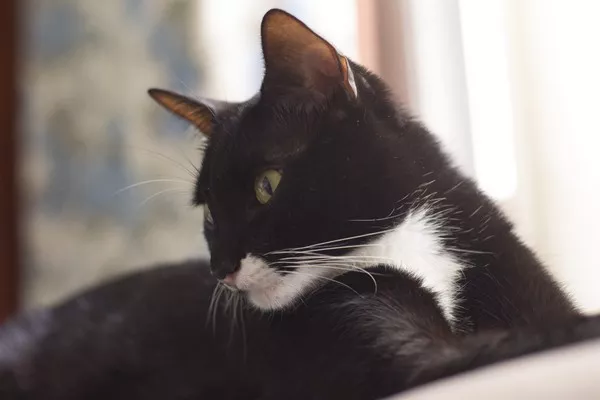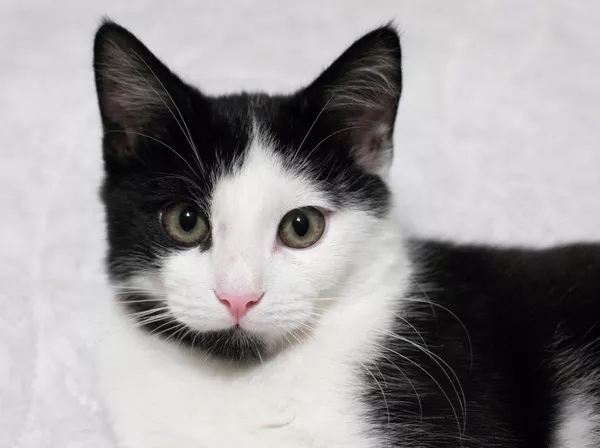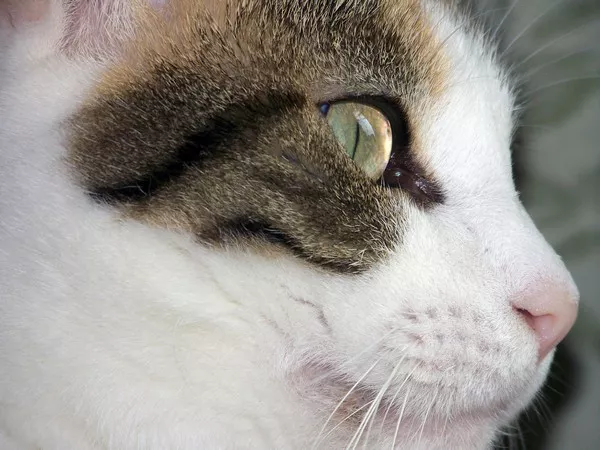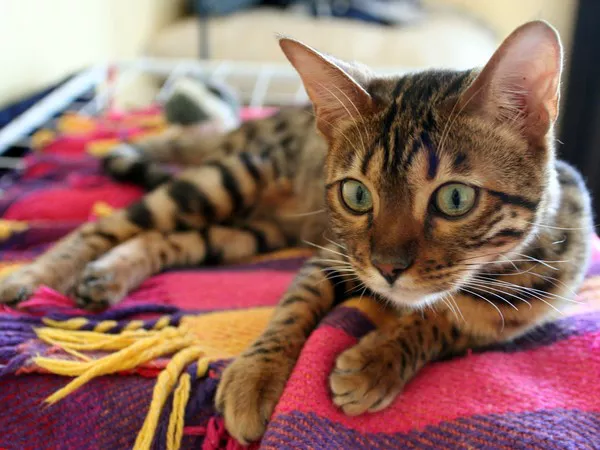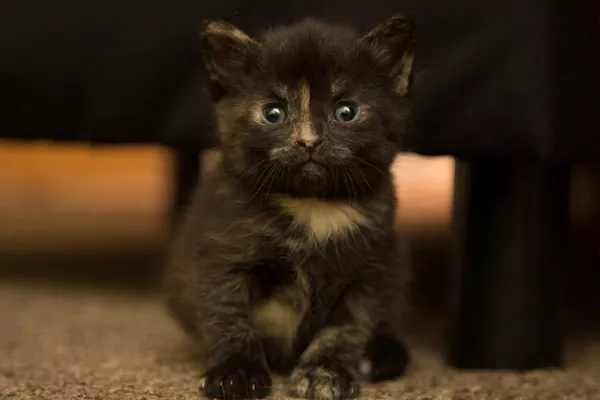Oriental cats, including breeds such as the Siamese, Burmese, and Oriental Shorthair, are known for their striking features, vibrant personalities, and unique vocalizations. However, these cats can be predisposed to various health issues due to their genetics, environment, and lifestyle. This article aims to explore the most common health problems that affect oriental cats, their symptoms, prevention strategies, and treatment options.
Oriental Cat Breeds
Oriental cats encompass a diverse group of breeds with shared ancestry, particularly the Siamese cat. They are recognized for their sleek bodies, large ears, and elongated facial features. The unique genetic makeup of these cats can make them susceptible to certain health conditions.
Genetic Predispositions
Genetics play a significant role in the health of oriental breeds. Many health issues stem from inbreeding practices that can lead to a limited gene pool, thereby increasing the likelihood of inherited conditions. Understanding these genetic predispositions is crucial for both breeders and owners to mitigate potential health risks.
Common Health Issues in Oriental Cats
1. Respiratory Problems
Oriental cats are particularly prone to respiratory issues, largely due to their brachycephalic (short-nosed) structure. Conditions such as:
Chronic Rhinitis: This condition is characterized by inflammation of the nasal passages, leading to symptoms such as nasal discharge, sneezing, and difficulty breathing.
Asthma: Similar to humans, cats can develop asthma, which manifests as wheezing, coughing, and labored breathing.
Symptoms to Watch For
If your oriental cat exhibits any signs of respiratory distress, such as coughing, wheezing, or lethargy, it’s vital to seek veterinary care promptly. Early intervention can significantly improve outcomes.
2. Dental Disease
Dental health is a significant concern for many cats, but oriental breeds are especially vulnerable to periodontal disease.
Causes of Dental Issues
Tartar Build-Up: Oriental cats may be prone to tartar accumulation, which can lead to gum disease and tooth loss.
Genetic Factors: Some breeds have a genetic predisposition to dental problems, making regular dental care even more critical.
Signs of Dental Disease
Watch for signs such as bad breath, difficulty eating, and visible tartar on the teeth. Regular dental check-ups and cleanings can help maintain oral health and prevent serious complications.
3. Obesity
Obesity is a growing concern among all cat breeds, including orientals. The sleek build of these cats may make them appear healthy, but overweight cats can suffer from serious health complications.
Health Risks Associated with Obesity
Diabetes: Excess weight can lead to insulin resistance, increasing the risk of diabetes.
Joint Problems: Extra weight places undue stress on joints, potentially leading to arthritis and mobility issues.
Managing Weight
To manage your cat’s weight, consider:
Portion Control: Measure food servings and avoid free-feeding.
Interactive Play: Engage your cat in regular exercise through play.
4. Hypertrophic Cardiomyopathy (HCM)
Hypertrophic cardiomyopathy is a common heart condition affecting many feline breeds, particularly the oriental types. This condition causes the heart muscle to thicken, leading to reduced heart function.
Symptoms of HCM
Symptoms may include:
- Lethargy
- Rapid Breathing
- Coughing
- Sudden Collapse
Diagnosis and Treatment
Regular veterinary check-ups, including echocardiograms, can help diagnose HCM early. While there is no cure, medications can help manage symptoms and improve quality of life.
5. Kidney Disease
Chronic kidney disease (CKD) is another prevalent issue in older oriental cats. As cats age, their kidneys may become less efficient at filtering waste from the blood.
Signs of Kidney Disease
- Increased Thirst and Urination
- Weight Loss
- Loss of Appetite
- Vomiting
Management Strategies
Managing CKD often involves dietary changes, increased hydration, and regular veterinary monitoring. Special prescription diets are available to help support kidney function.
6. Hyperthyroidism
Hyperthyroidism, a condition characterized by excessive thyroid hormone production, is common in older cats, including orientals.
Symptoms to Monitor
- Increased Appetite
- Weight Loss
- Hyperactivity
- Vomiting
Treatment Options
Treatment options for hyperthyroidism include:
Medications: Anti-thyroid medications can help control hormone levels.
Radioactive Iodine Treatment: This can effectively cure hyperthyroidism but requires specialized care.
See Also: How Are Manx Cats Different From Other Breeds?
Preventative Care for Oriental Cats
Regular Veterinary Check-Ups
Routine veterinary visits are essential for maintaining your oriental cat’s health. Regular check-ups allow for early detection of potential health issues and can help tailor preventative measures based on your cat’s specific needs.
Proper Nutrition
Feeding a balanced diet formulated for your cat’s life stage andhealth requirements is vital. Consult with your veterinarian about the best dietary choices for your oriental cat, especially if they have specific health concerns.
Dental Care
Implementing a dental care routine is essential for preventing dental diseases. Regular teeth brushing, dental treats, and professional cleanings can contribute significantly to your cat’s oral health.
Exercise and Mental Stimulation
Oriental cats are known for their playful and energetic nature. Ensuring they receive adequate exercise and mental stimulation is vital for their physical and psychological well-being. Consider:
Interactive Toys: Provide toys that engage your cat’s hunting instincts.
Playtime: Set aside time each day to play with your cat, encouraging them to stay active.
Stress Reduction
Stress can negatively impact your cat’s health, making it important to create a calm and secure environment. Provide hiding spaces, vertical climbing options, and consistent routines to help reduce anxiety.
Conclusion
Oriental cats are remarkable companions, but they do face unique health challenges. By understanding the common health issues that affect these breeds, cat owners can take proactive steps to ensure their pets live healthy and happy lives. Regular veterinary visits, a balanced diet, dental care, exercise, and stress management are all essential components of maintaining your oriental cat’s well-being. With the right care and attention, your oriental feline can thrive and be a joyful part of your family for many years to come.
Related Topics





